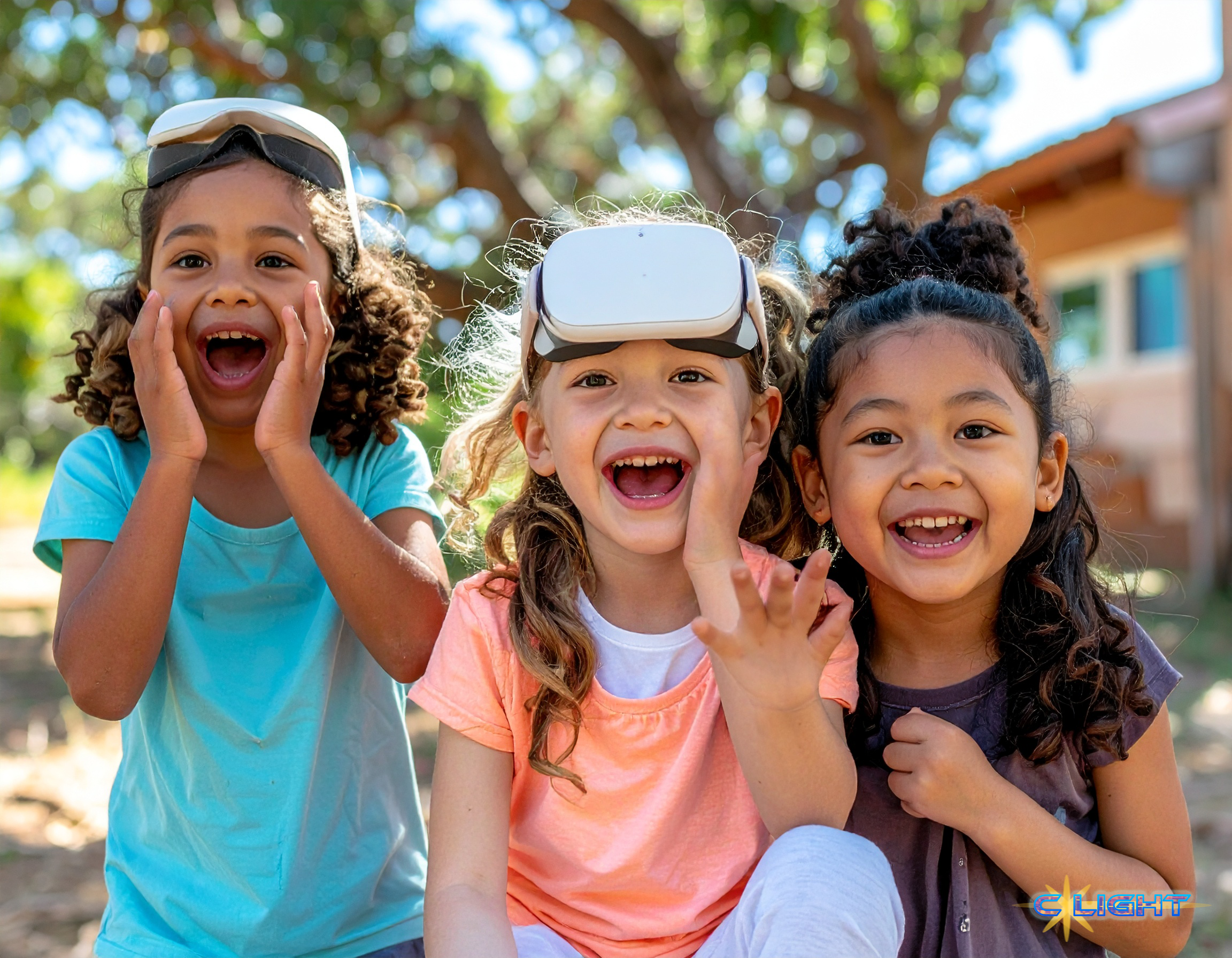The arrival of powerful Artificial Intelligence in our classrooms has, for many, signaled a crisis. Reports abound of college students outsourcing their intellectual labor to chatbots, crafting polished essays on demand, and sidestepping the diligent research that once defined academic effort. Professors grapple with an “untenable situation,” as one Bloomberg Opinion piece described it, where it’s “computers grading papers written by computers,” and the very foundations of critical thinking and deep learning seem imperiled. The fear is palpable: Is AI an unwelcome guest that will dismantle education as we know it?
Perhaps. But perhaps AI is also getting blamed for exposing cracks that were already deep within our traditional schooling models. And perhaps, just perhaps, its true transformative potential lies not in propping up an old system, but in empowering a radically different, and profoundly human, approach to learning: unschooling. Imagine a partnership where AI becomes not a tool for academic shortcuts, but a boundless resource for curiosity-driven, self-directed learners—a collaboration that could benefit both the student and the evolution of AI itself.
For those unfamiliar, “unschooling,” a term coined by the visionary educator John Holt, describes learning that doesn’t resemble school. It’s a philosophy rooted in the belief that children are natural, intrinsically motivated learners, akin to “young scientists exploring the world.” As Pat Farenga, who worked closely with Holt, describes it, unschooling means “allowing your children as much freedom to explore the world around them in their own ways as you can comfortably bear.” The learner chooses the why, what, when, how, and from whom they learn. It’s about fostering a love of learning, as unschooling parent Christina Franco emphasized to USA Today, not about grades, tests, or a prescribed curriculum.

My own memories of homeschooling, before the internet age, are of missionary kids—brilliant, to be sure, but often facing a “helluva time integrating with the rest of society.” Unschooling today, especially when envisioned with the support of modern technology, is a different proposition. It’s about engagement with the world, guided by interest. Yet, it faces legitimate criticisms: it demands immense parental resources, time, and energy to do well, creating an “equity problem,” and, without diligent oversight, can risk educational neglect, as some former unschoolers have painfully attested.
This is where the synergy with AI could be revolutionary. While one set of headlines decries AI as a cheater’s crutch in conventional schools, another, more optimistic perspective, like that from an Assistant Provost at American College of Education, highlights AI’s potential for truly personalized learning, for answering endless questions, for providing rich explanations, and for making learning accessible to students with diverse needs.
Now, marry that potential with the unschooling philosophy. Imagine an unschooler, driven by a spark of curiosity—be it about ancient civilizations, the mechanics of a dragonfly’s wing, or the complexities of quantum physics. With an AI partner, they could tap into vast amounts of information, quickly and easily. AI could serve as the ultimate patient tutor, the infinitely knowledgeable librarian, the Socratic guide prompting deeper inquiry. And if an unschooler’s question ventures beyond the AI’s current knowledge? The AI could then “give them suggestions for where to look next”—pointing to primary source documents, a relevant expert in the field, a hands-on experiment, or a community group sharing that passion.
This isn’t AI doing the work for the student; it’s AI empowering the student to do their own work more deeply and broadly than ever before.
Such a partnership would be mutually beneficial. Unschoolers would gain unprecedented access to tailored information and learning pathways, potentially mitigating some of the resource and equity concerns associated with the approach. AI developers, in turn, would gain invaluable insights. Instead of training models solely on the structured data of formal curricula or the often-stilted interactions of students trying to complete assignments, they would see AI interacting with genuine, unbridled human curiosity. Unschoolers would provide “different types of data,” as you suggested, which could dramatically prove AI’s benefits in fostering actual learning and understanding, not just task completion. This could help AI models develop a more nuanced “understanding of the world,” leading to more robust, less error-prone, and more creatively supportive AI for everyone.
This vision also addresses a key concern: the fear that AI will simply devalue or replace traditional educational institutions. An AI-unschooling synergy doesn’t necessarily put universities “at risk” in the same way that widespread AI-driven cheating on traditional assignments does. Instead, it could cultivate a generation of deeply engaged, self-motivated learners who, if they choose to pursue higher education, arrive with a profound love of learning and a well-developed capacity for independent inquiry—precisely the students universities dream of. It’s about diversifying educational pathways, offering legitimate alternatives, and perhaps even inspiring traditional institutions to rethink their own pedagogical models.

The current “crisis” over AI in college classrooms, with its focus on plagiarism detection and revamped exam protocols, may be looking at the problem through too narrow a lens. The challenge isn’t just how to stop AI from being misused within the existing system, but how to leverage its incredible power to support more authentic, engaging, and learner-centered educational experiences.
The path to a “positive outcome” in the age of AI requires us to move beyond fear and simplistic blame. It calls for a bold reimagining of what learning can be. By pairing the boundless potential of AI with the time-tested wisdom of self-directed education, we might just discover that the smartest classroom isn’t a classroom at all, but a world of knowledge made accessible and navigable by a curious mind and its intelligent, digital companion. That’s a future of learning worth striving for.
Discover more from Clight Morning Analysis
Subscribe to get the latest posts sent to your email.










